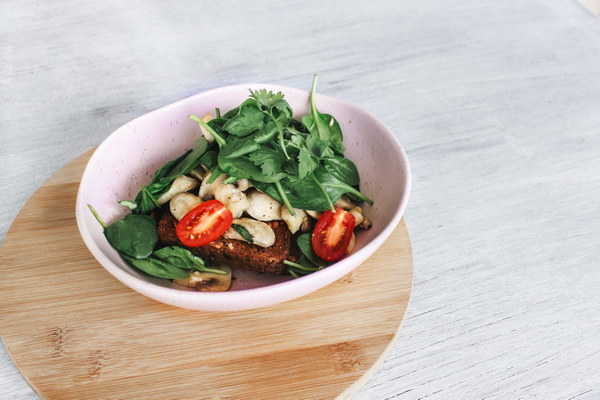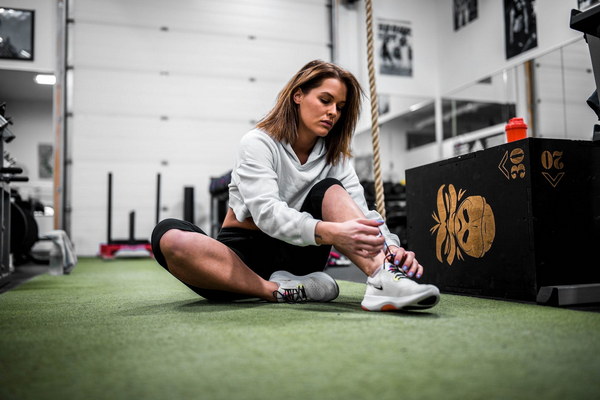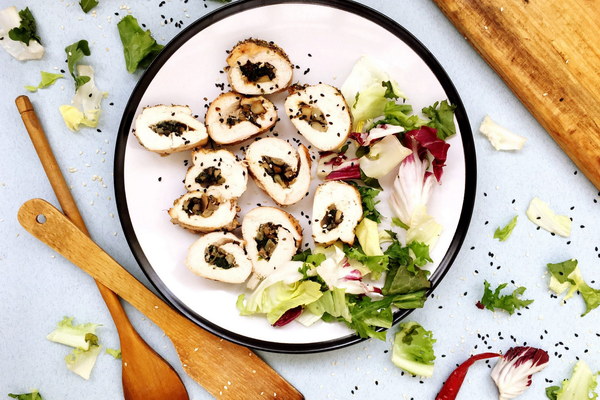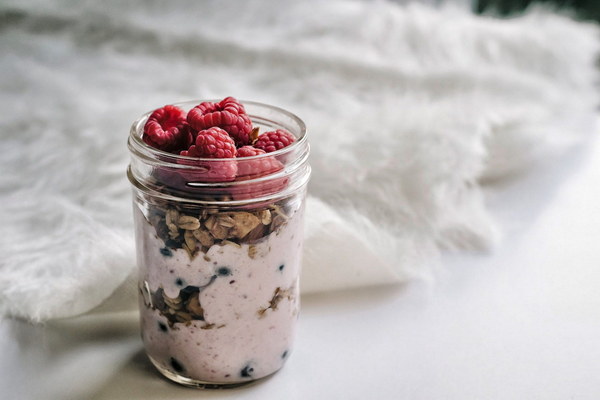Reviving Your Health The Best Practices for Treating Body Chills and Boosting Immunity
Introduction:
Body chills, also known as the sensation of feeling cold all over, can be quite uncomfortable and may indicate an underlying health issue. It is essential to address the root cause and adopt the best practices for maintaining a healthy lifestyle. This article will guide you through the most effective ways to combat body chills and boost your immunity, ensuring you stay warm and healthy.
1. Identify the underlying causes:
Body chills can be triggered by various factors, including infections, hypothermia, thyroid disorders, and stress. It is crucial to identify the root cause before implementing any treatment. If you experience persistent body chills, consult a healthcare professional for an accurate diagnosis.
2. Stay warm:
One of the primary steps to combat body chills is to maintain a comfortable temperature. Here are some tips to keep you warm:
a. Dress in layers: Wear warm, breathable clothing to retain body heat. Layering helps trap warm air between the clothing and your skin, reducing the chances of feeling cold.
b. Keep your feet warm: Your feet are prone to getting cold due to their distance from the heart. Wear thick, warm socks and insulated shoes to keep them cozy.
c. Use blankets and warm bedding: A cozy blanket and warm bedding can make a significant difference in keeping you warm throughout the night.
3. Stay hydrated:
Drinking plenty of fluids is essential for maintaining your body temperature. Water helps regulate your body's temperature and aids in the elimination of toxins. Aim to drink at least eight glasses of water per day.
4. Maintain a balanced diet:
A well-balanced diet provides the necessary nutrients to keep your body healthy and warm. Include the following in your diet:
a. Vitamin D: Found in fatty fish, eggs, and fortified foods, vitamin D is crucial for maintaining healthy bones and immune function. Exposure to sunlight also helps your body produce vitamin D.
b. Iron: Iron-rich foods such as lean meats, poultry, fish, beans, lentils, and leafy greens help prevent anemia, which can cause body chills.

c. Magnesium: Magnesium-rich foods like nuts, seeds, whole grains, and leafy greens help regulate your body temperature and support immune function.
5. Regular exercise:
Exercise increases blood circulation and helps maintain a healthy body temperature. Engage in regular physical activity, such as walking, cycling, or swimming, to keep your body warm and healthy.
6. Manage stress:
Stress can contribute to body chills, so it is essential to find effective stress management techniques. Practice relaxation techniques such as meditation, deep breathing exercises, and yoga to reduce stress levels.
7. Get enough sleep:
Adequate sleep is crucial for maintaining a healthy immune system and combating body chills. Aim for 7-9 hours of quality sleep per night.
Conclusion:
Feeling cold all over can be a sign of an underlying health issue, but by adopting the best practices for treating body chills and boosting your immunity, you can maintain a warm and healthy lifestyle. Remember to consult a healthcare professional if you experience persistent body chills, and incorporate these tips into your daily routine for long-term benefits.









